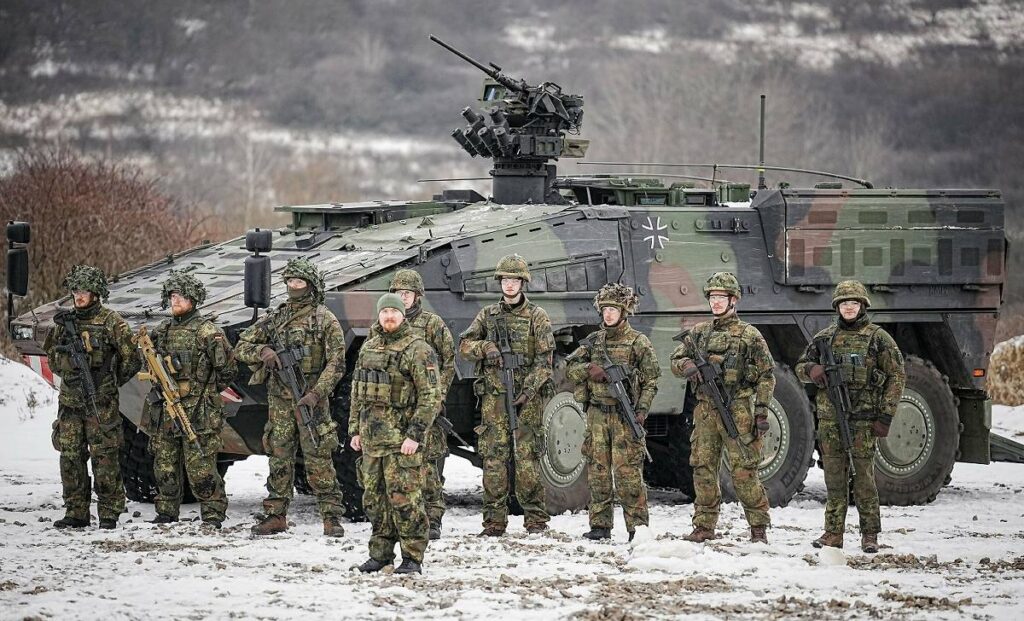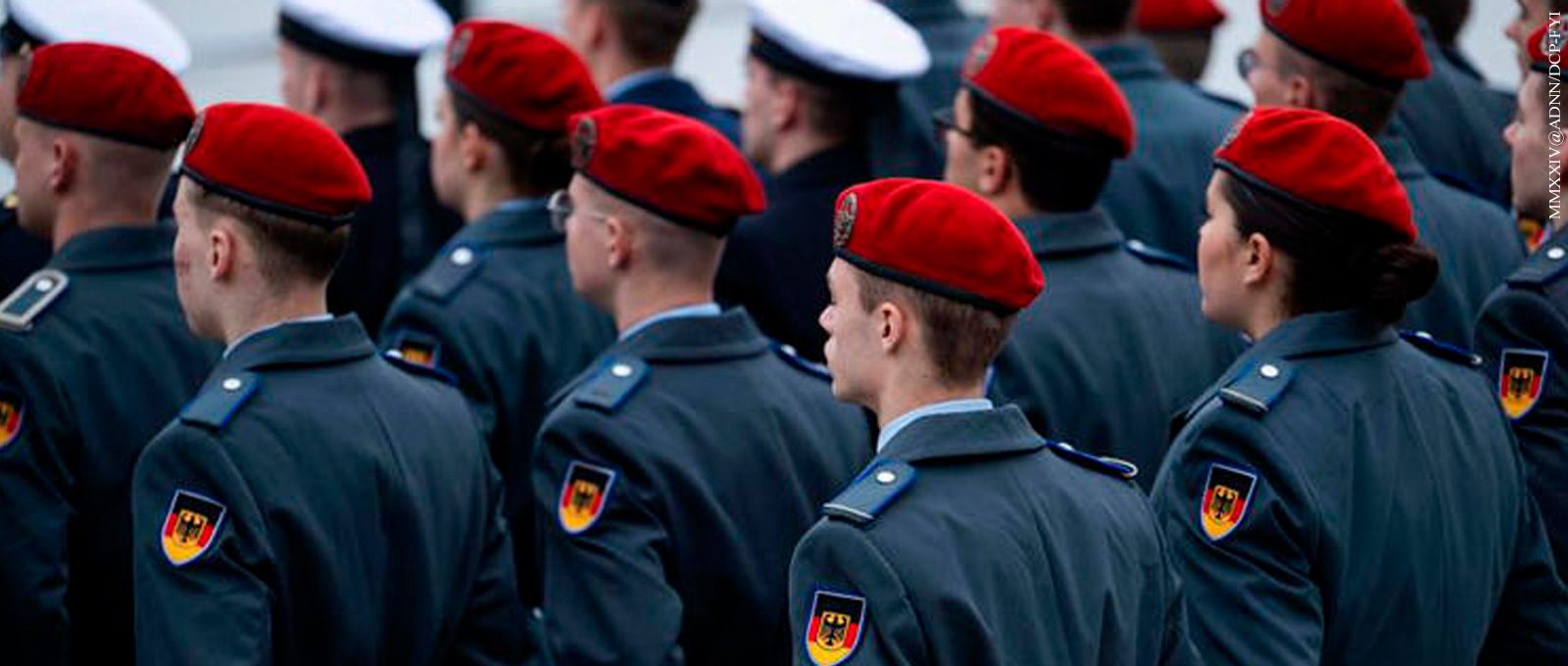The country will have a new cyber warfare force alongside the Army, Air Force and Navy. Troops will be refocused on national defense and that of NATO allies.
(DW) Germany wants to reform its armed forces and make them “war-ready” so that “no one thinks of attacking us as NATO territory”, Defense Minister Boris Pistorius announced on Thursday (04/04) in Berlin.
The plans include, among other things, the creation of a fourth force in addition to the Army, Air Force and Navy. The troops will be trained for cyber-warfare, waged through electronic and computer means, and will take care of cyber-defense and the country’s electronic infrastructure, repelling threats such as disinformation campaigns and hacker attacks.
Germany and the other European countries that make up the North Atlantic Treaty Organization (NATO) have been watching Russian President Vladimir Putin’s troop movements in Ukraine with concern.
The reform of the Armed Forces is yet another turning point in Berlin’s defense policy, which has once again increased its spending in the sector and recently began to support the expansion of its war industry.
Four military branches under one central command
With the change, the Armed Forces will leave behind international missions such as those in Afghanistan, Mali, Kosovo and the Horn of Africa region, prioritizing the defense of their own national territory and that of NATO partners.
The reform should also reduce the bureaucracy of the forces and centralize their planning and operational command in one place – today, national and international missions are coordinated separately.
The idea is approved even by the opposition: “The merger of the operations command [which operates abroad] with the territorial command [which operates domestically] is absolutely positive,” says Bundestag MP and defense expert Roderich Kiesewetter, from the conservative CDU party.

New structure to deal with nuclear, chemical and biological weapons
There are also plans to create a command for medical and logistical support, as well as for dealing with nuclear, chemical or biological weapons attacks, which will be at the disposal of all branches of the military.
Senior positions are also to be cut in order to make the coordination of tasks more central and effective.
According to Pistorius, the reform should take six months. Some military experts like Thomas Wiegold, however, view this timetable with skepticism: “For structural changes at the top [of the forces], six months could be enough. But applying [the reform] to the troops will take much longer.”
Obligatory military service
Faced with a chronic shortage of personnel in the Armed Forces, many observers expected the minister to present ideas for the possible reinstatement of compulsory military service. Pistorius, however, limited himself to saying that the issue is still under evaluation.
For Wiegold, the minister left the issue out of the reform because he knows he can’t decide on it alone. “He needs support in the coalition and in parliament,” he explains.
Kiesewetter, from the CDU, says he sees a lack of consensus within the coalition on the issue.
At the end of February, Germany had 181,800 soldiers at its disposal. The number, which was close to 500,000 in the 1970s and 1980s, has been falling since the early 1990s, a trend exacerbated by the end of compulsory military service in 2011. According to the minister, by 2031 this contingent should reach at least 203,000.
Defense continues to study models of compulsory military service – like that of Sweden, for example, which reintroduced the practice in 2017 for men and women, registering all citizens of service age and calling up a fraction of them for military training lasting between nine and 15 months.
***TbDCPFYI***
